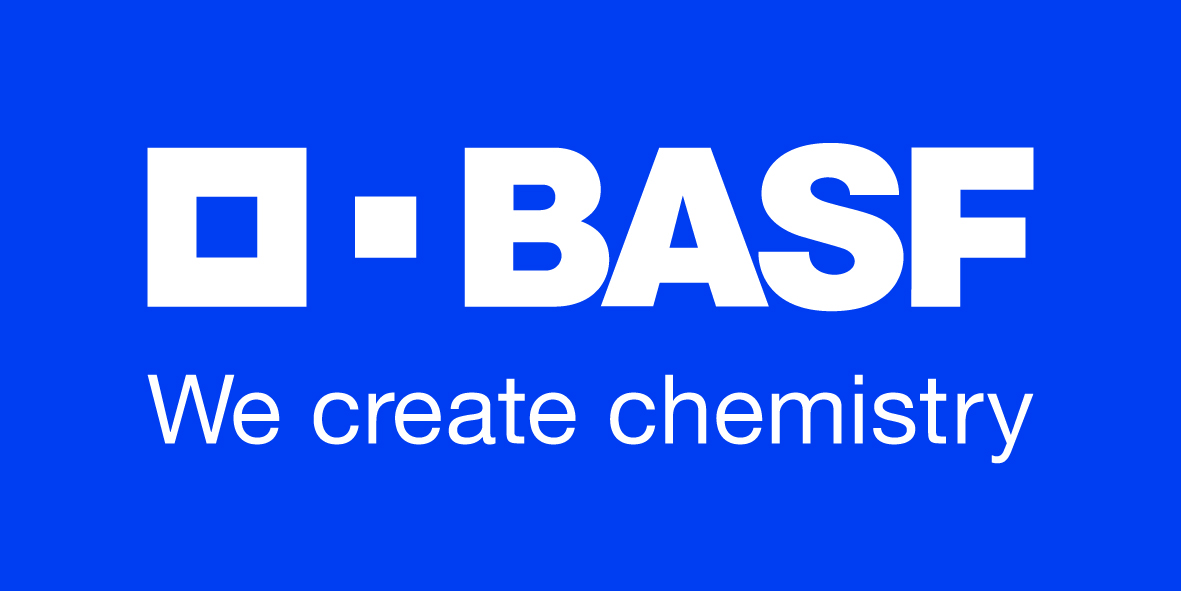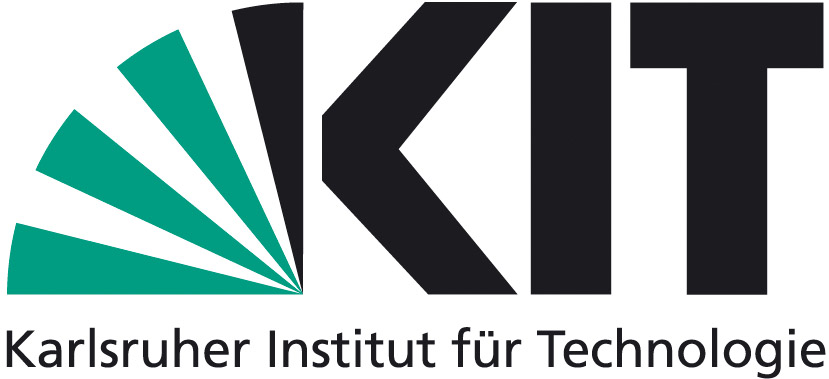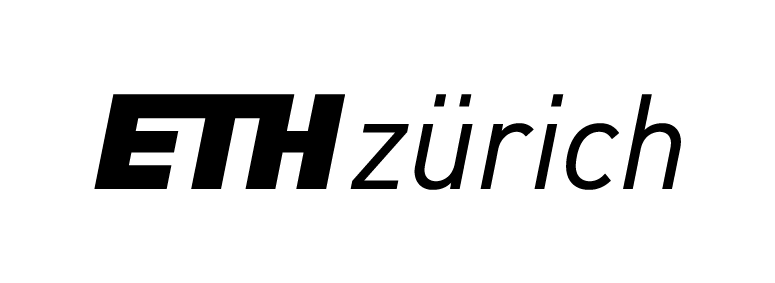Carbohydrates to α-ω-Diols 2.0
Our society’s push towards sustainable value creation, often relies on the efficient use of natural resources, preferably renewables, such as biomass derivatives, wind and solar energy. Often, there are also elements of circularity, either direct or indirect, e.g. through the natural carbon cycle. On the other hand, we face a societal demand for industrial products, which are staples and sometimes prerequisites of modern live.
In this context, the project CARBO-DIOL2.0 targets value chains from secondary carbohydrate-rich feed streams to α-ω-diols, which are applied as solvents, functional chemicals and monomers. Importantly, the chosen secondary feed streams do not face competing use in the food and feed industries.
Chemically speaking, the targeted transformations are hydrodeoxygenations, i.e. hydrogen is applied as reductant to remove oxygen-containing functionalities from the substrate molecule. To date, these conversions have suffered from challenges regarding selectivity, especially due to the high number of functional groups in carbohydrates, leading to low yield of desired products. This is where we must circle back to the efficiency aspect of sustainability.
The use of catalysts has long been recognized as one of the so‑called Green Chemistry Principles, since catalysis acts as an enabler for selective chemical conversions, leading to reduced waste streams. Thus, suitable catalysts for carbohydrate carbohydrate hydrodeoxygenation are highly desirable and their development is at the heart of CARBO-DIOL2.0.
We are bringing together experts from catalyst synthesis, solids characterization, high-throughput testing, optimization and simulation to build a data-driven workflow for the identification of novel hydrodeoxygenation catalysts. The mechanistic understanding of carbohydrate hydrogenation and correlation of catalyst properties with selectivity indicators is at the heart of this endeavour. Moreover, the project partners represent the domains of molecular, hybrid and heterogeneous catalysis, allow for a technology-open search for solutions. We adhere to Green Chemistry Principles beyond Catalysis, striving to reduce or avoid precious metal use and applying benign solvents.
By the end of the project notable steps towards the commercialization of catalytic technologies for the synthesis of α-ω-diols from carbohydrates are expected.








